
Q&A on TSS, Training at Altitude, and Exercise Physiology Resources
In this episode we do a listener Q&A on altitude training, TSS, and reference some great exercise physiology resources.

In this episode we do a listener Q&A on altitude training, TSS, and reference some great exercise physiology resources.

Today we’re discussing how to be aggressive, and when to be aggressive, in races. And we’re doing it with national road champion, Ruth Winder.
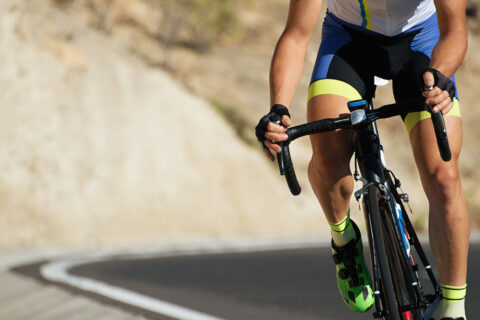
We bring in Dr. Stephen Seiler, one of the world’s preeminent exercise physiologists, to discuss how to adjust your training now that the world is in a chronic state of disruption.
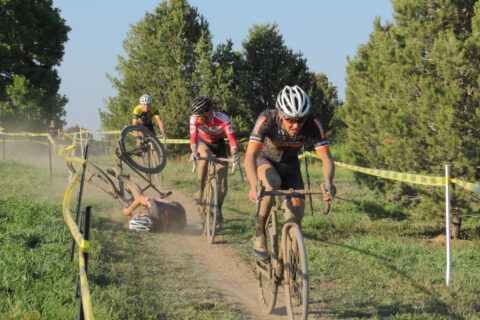
We provide the psychological tools that will help both with uncertain circumstances in life (like a pandemic) and with addressing the emotional rollercoaster that is bike racing.
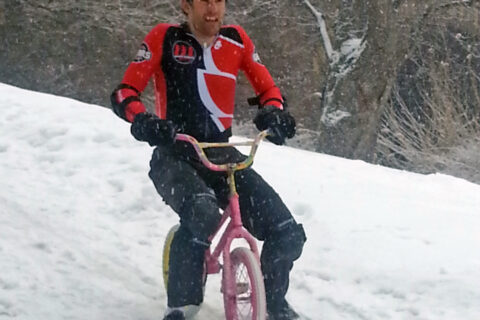
In episode 104, we wanted to give you something you’ve come to love about Fast Talk: a discussion on the science of training, and specifically answering your training questions about respiratory exchange rates, effectively using your bike commutes, and how to balance life with training.
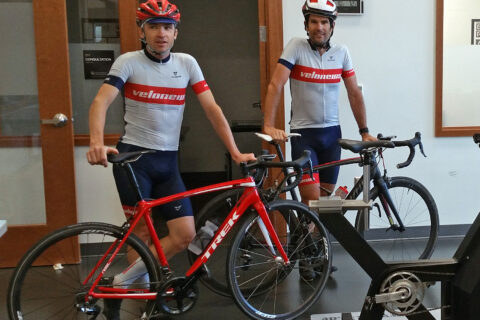
A discussion of the origins of Fast Talk with editor-in-chief Fred Dreier and a special episode as we say goodbye to VeloNews.
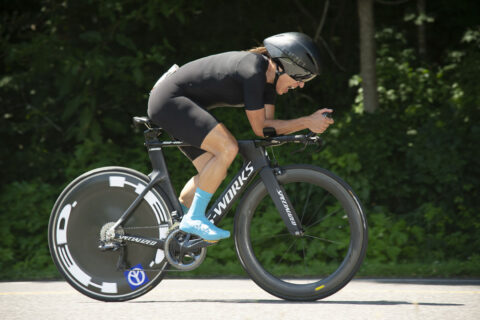
What is confidence? What is resiliency? What is pressure, and how can we better handle it? These are some of the questions we tackle in today’s episode.
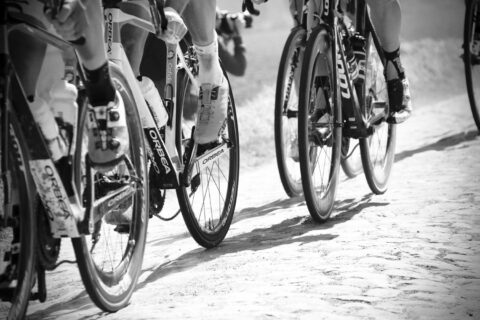
In this episode we look at the big picture when it comes to training in zones, or ranges, versus training a target number. Because what number is best?
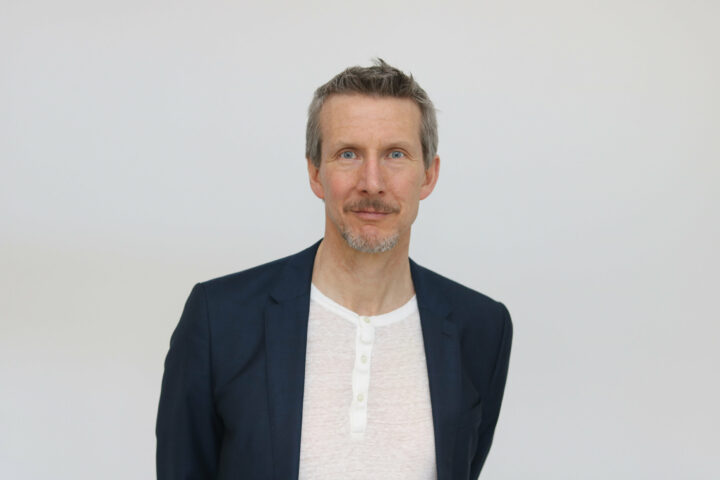
In this episode we learn about the inception of the polarized method, and we discuss Dr. Seiler’s current research on the all-important aerobic threshold.
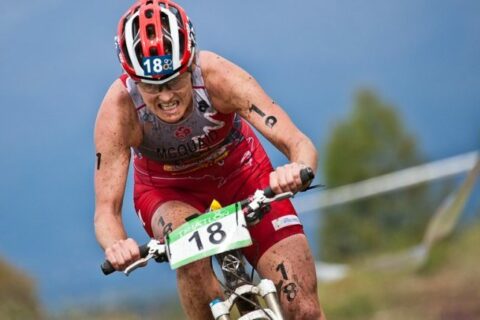
We delve into both the nuances of triathlon and how training for that sport relates to endurance training and cycling generally.
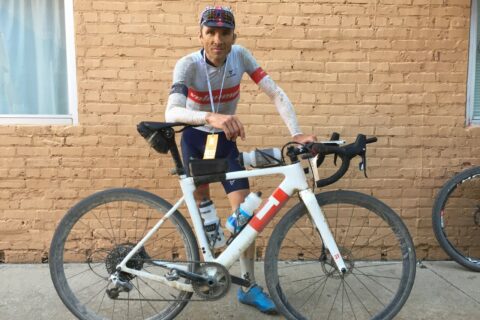
We answer questions on interval training and intensity, training for DK in flat places, and muscle fiber recruitment.
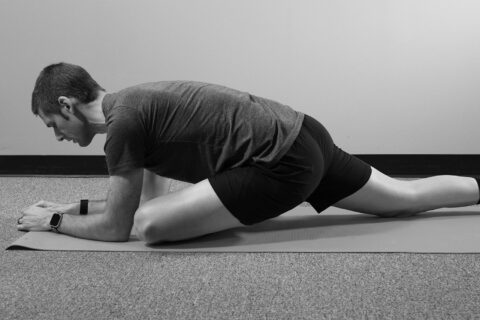
With the help of strength and conditioning coach Menachem Brodie, we delve into the benefits, precautions, and short- and long-term effects of stretching.
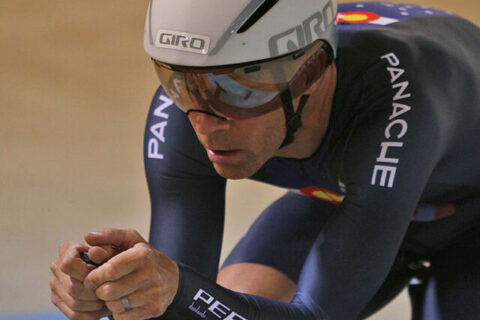
We asked Colby Pearce a simple question: Tell us what you know about the pedal stroke. Colby gave us a monologue of gold.
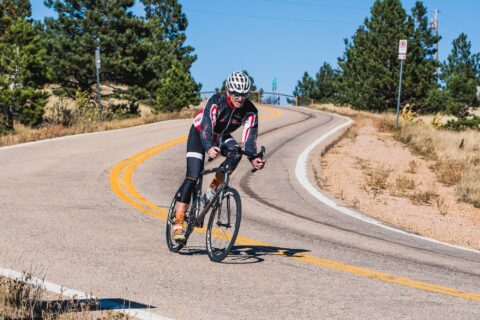
In episode 95 we explain the complexities of the tire, tire pressure, and how those things lead to changes in comfort, grip, rolling resistance, and more.
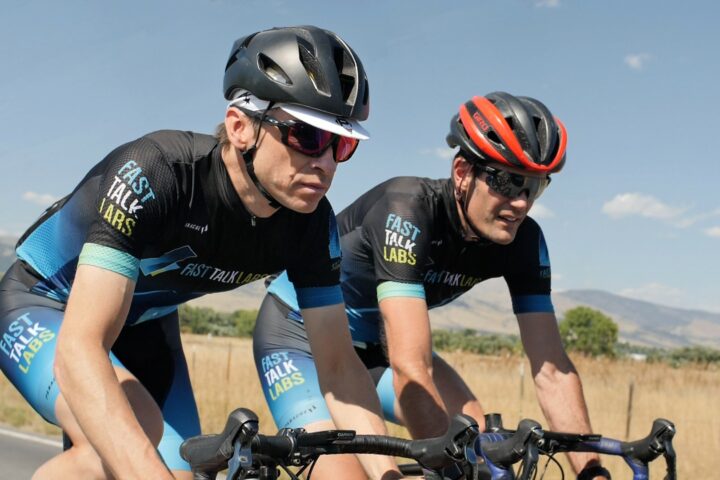
We take on questions about training while fasted, goal–setting analysis, and have a discussion on the polarized training approach.
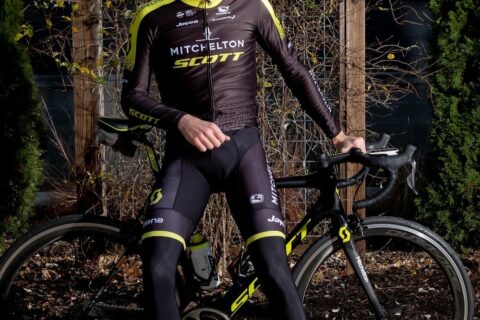
We discuss self-care, spending time on relationships, knowing your personal limits, and working to keep your passions alive while training and racing.
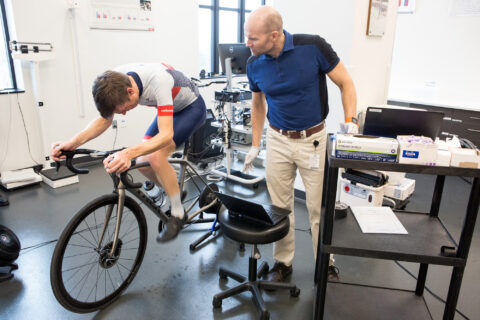
In episode 92, we answer questions on how to structure your training, overtraining, and laboratory testing.
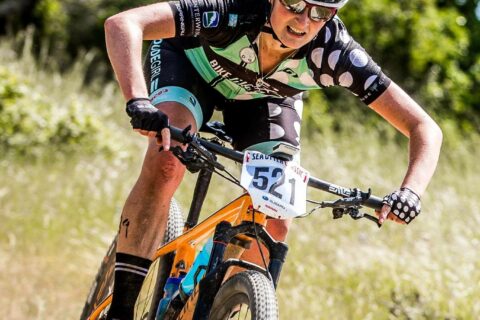
In episode 91 we emphasize the many critical aspects of training and coaching that don’t show up in the numbers.